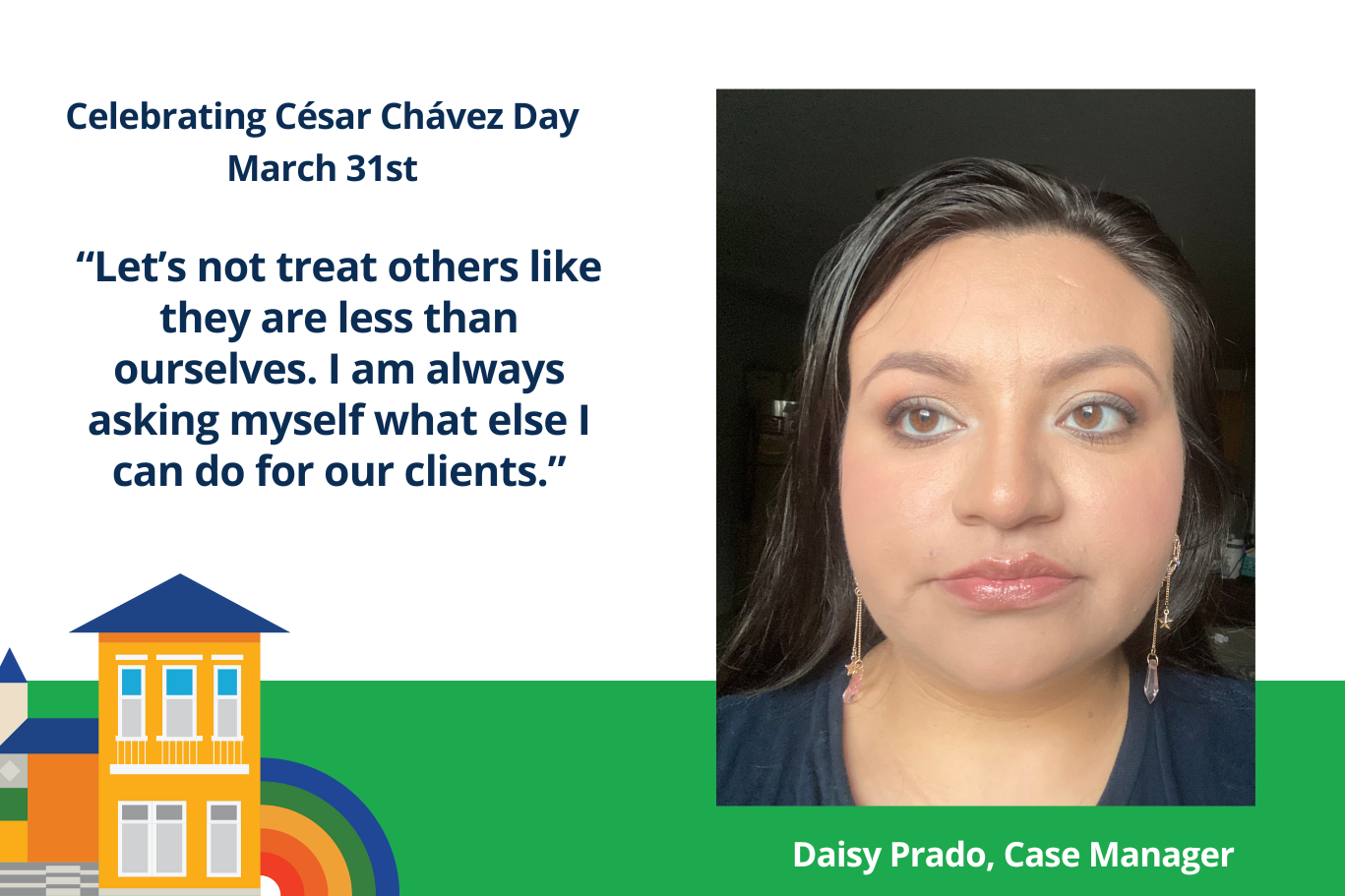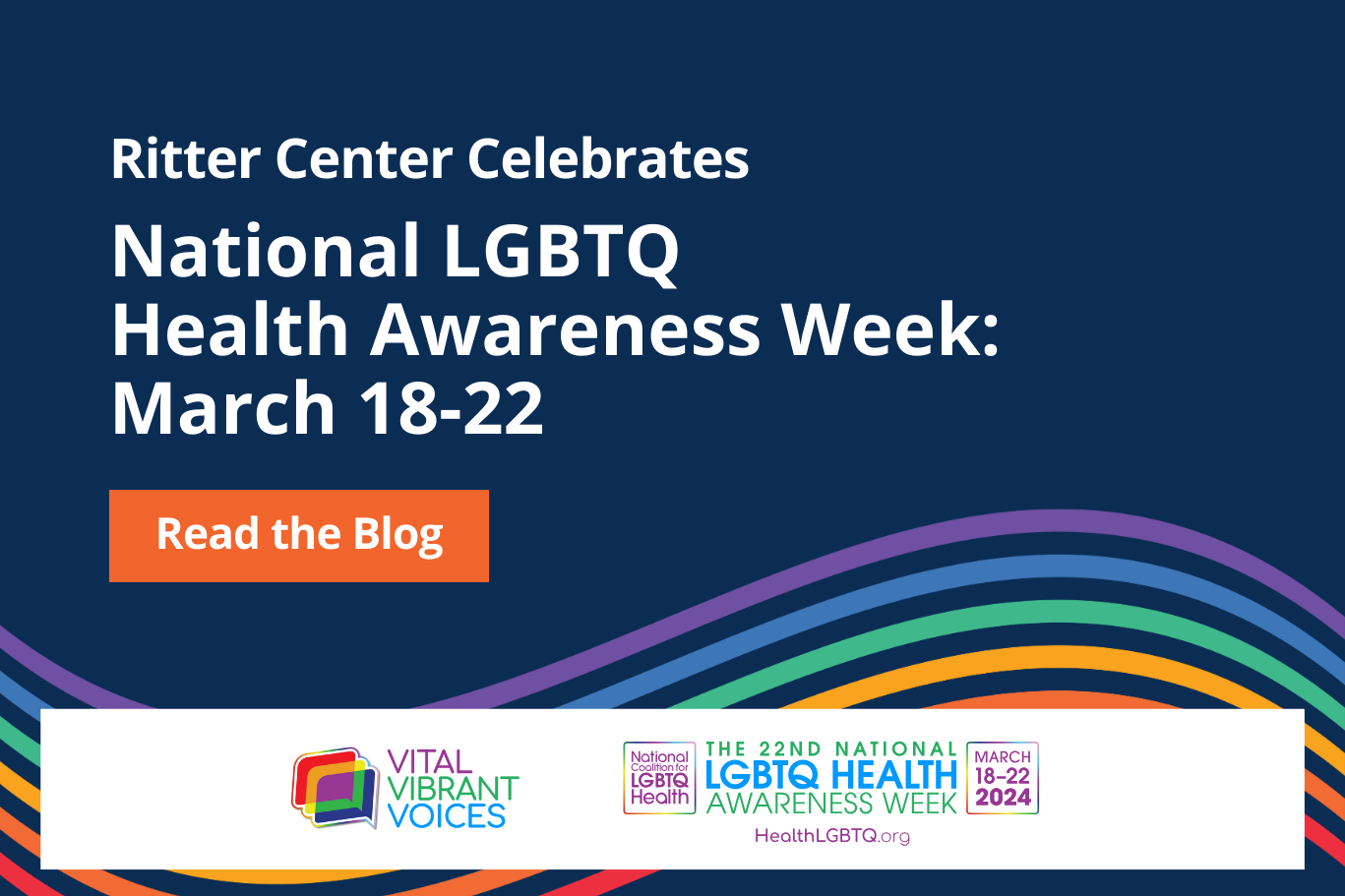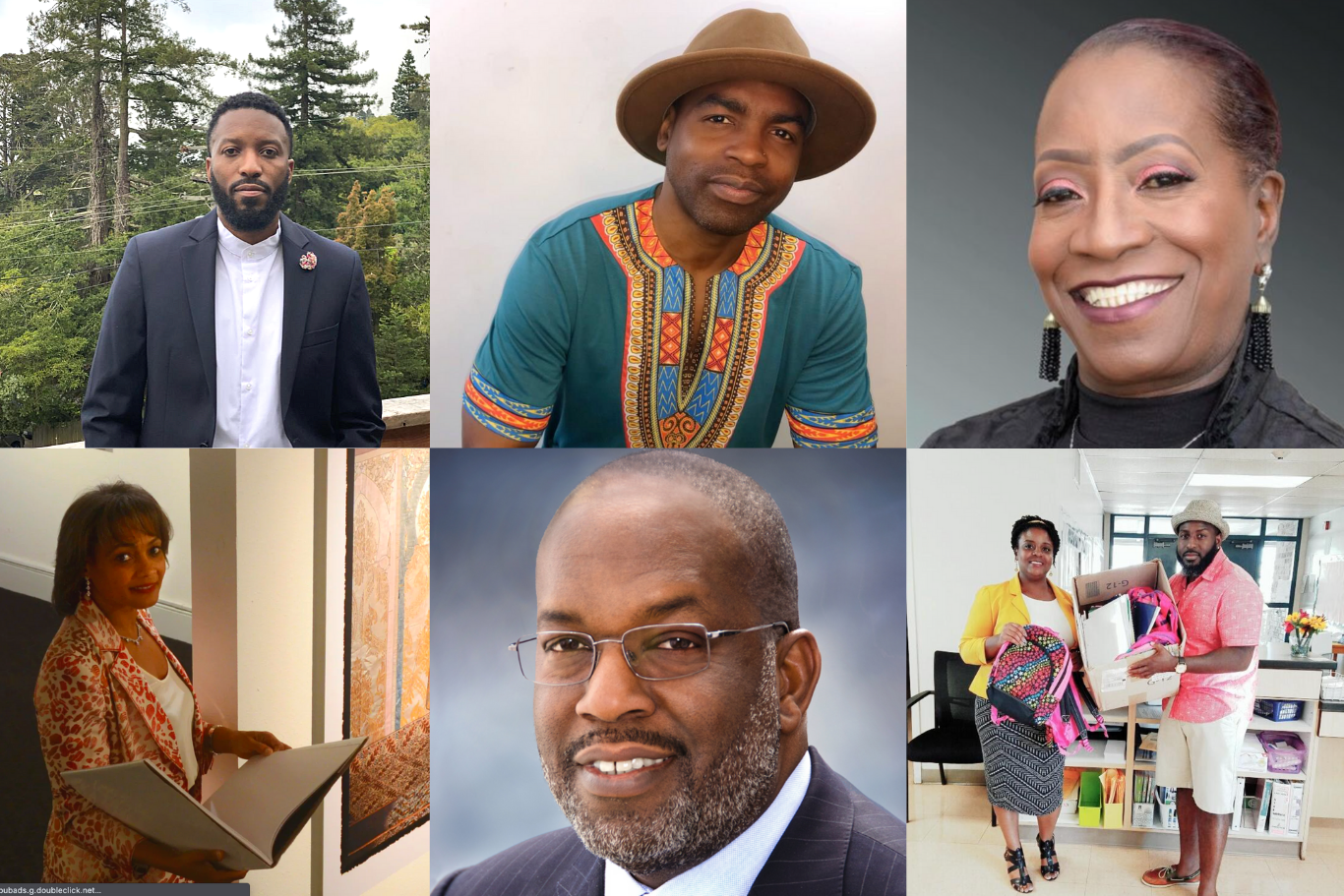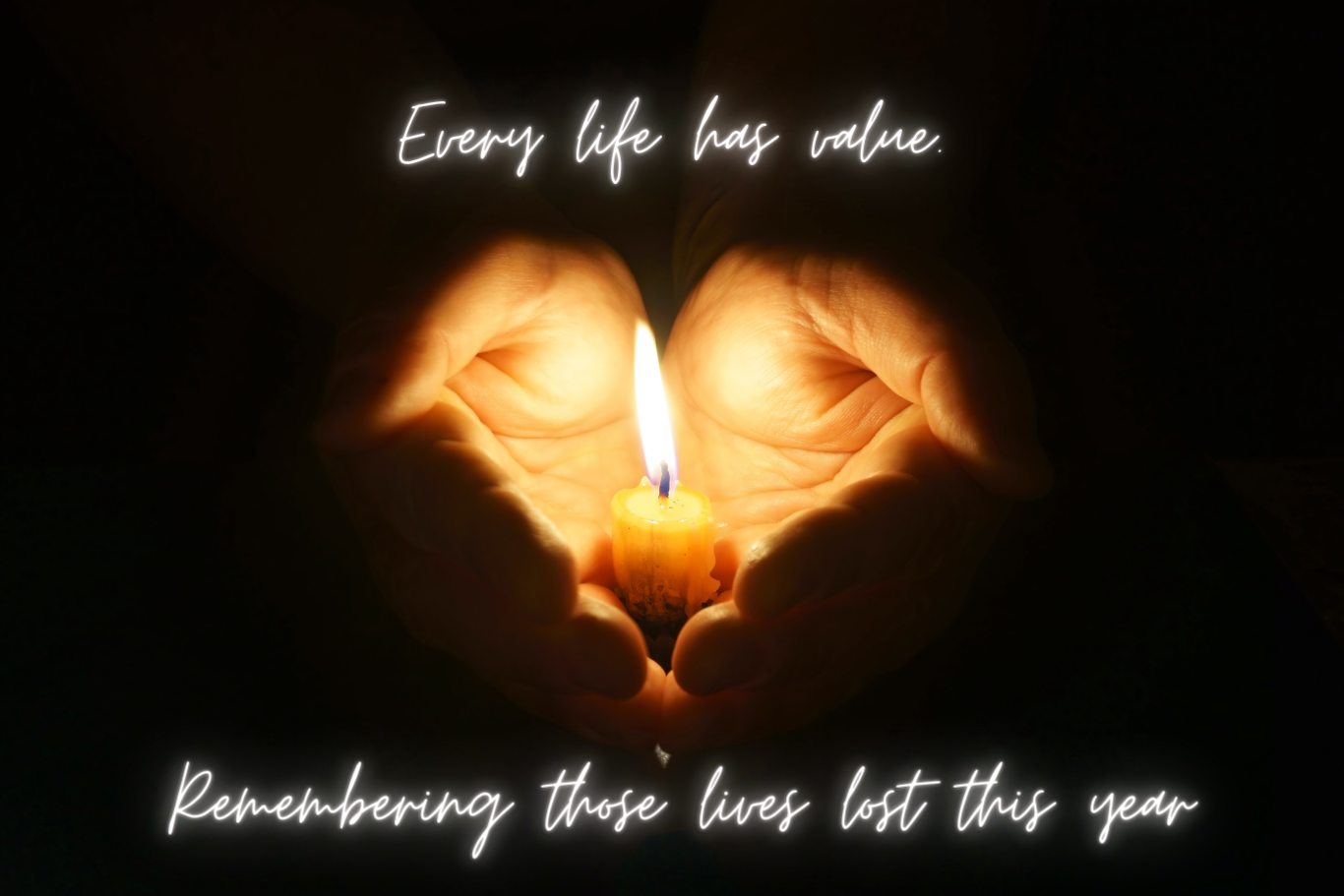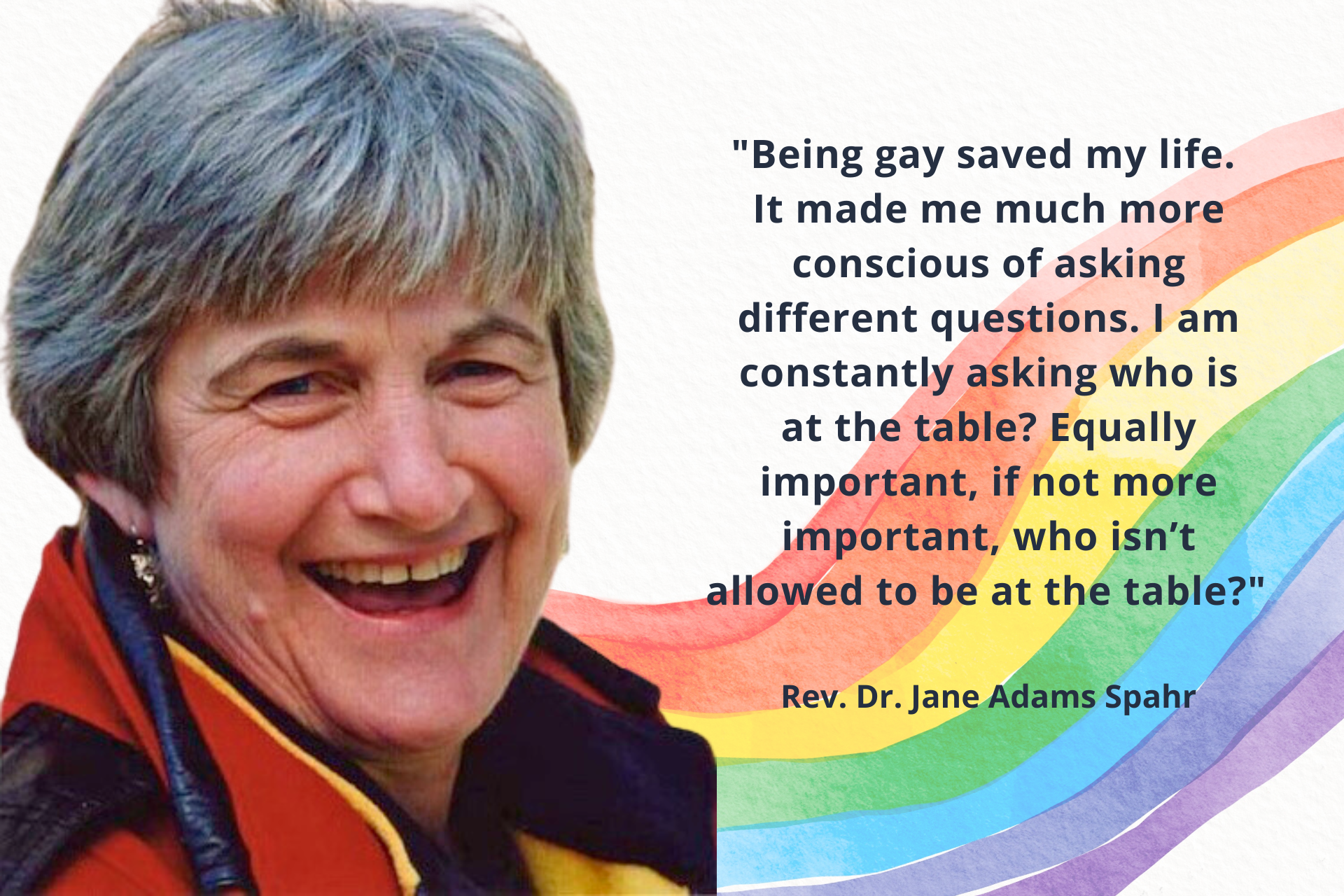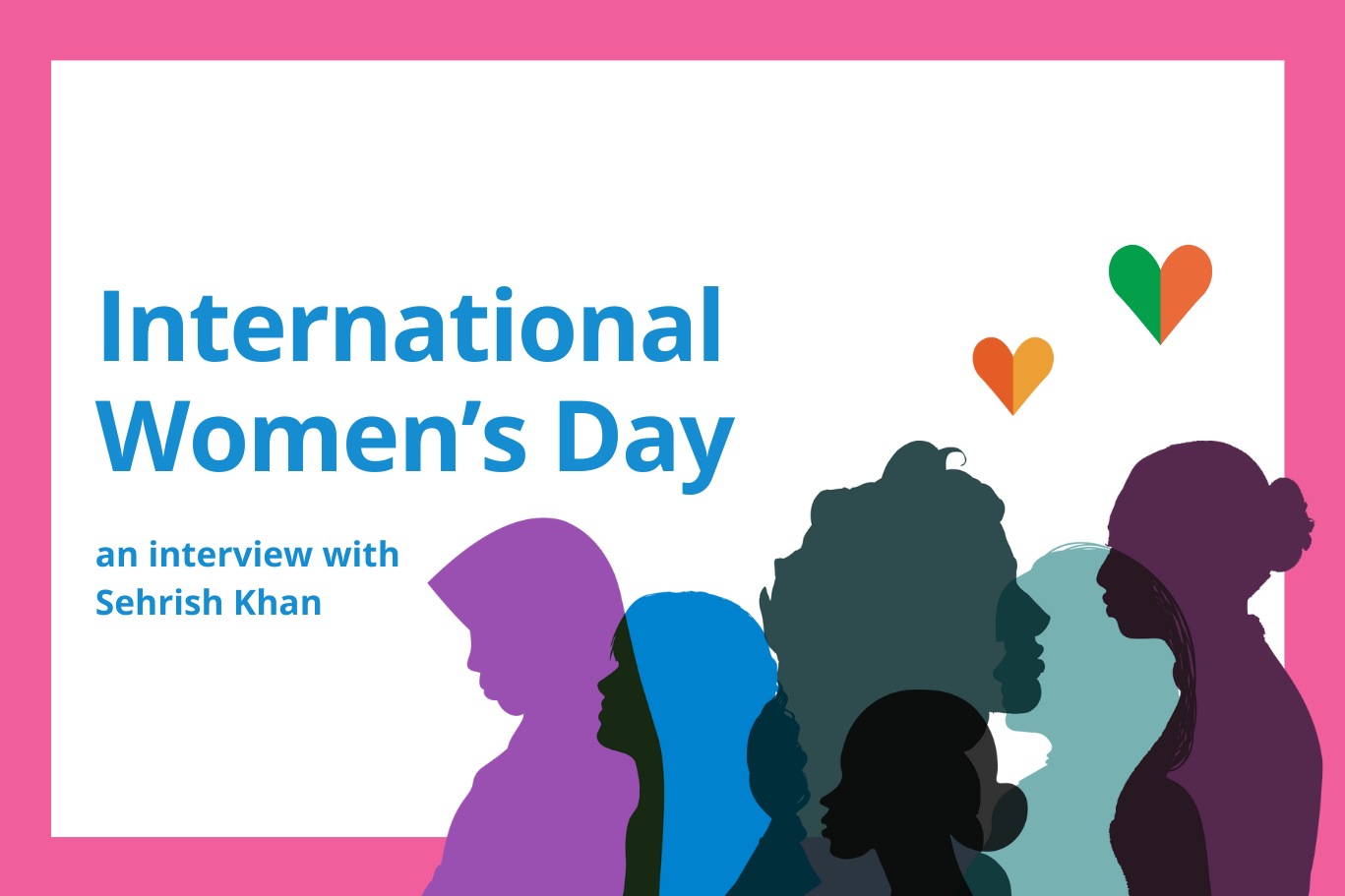
International Women’s Day
International Women’s Day (IWD) is a global holiday celebrated annually on March 8 as a focal point in the women’s rights movement. IWD gives focus to issues such as gender equality, reproductive rights, and violence and abuse against women. This year felt like a particularly important year – especially in light of recent headlines – to sit down and talk with our Ritter Center Clinical Compliance Director Sehrish Khan.
“It is striking to pause for a minute in 2024 and recognize that with everything going on in the world right now, women’s health is still in such a very tough place: even with the most basic of needs, items like pads and tampons for women’s periods are not available for so many women right now. There are women in need right here in Marin lacking toiletries for their menstrual cycle. There are also women trying to give birth in other parts of the world with bombs blasting around them,” said Sehrish Khan, Ritter Center Clinical Compliance Director.
“There is so much heaviness. No matter whether you are on one side of an issue, or the other, or perhaps you haven’t chosen a side at all – but relating in general in terms of basic humanity – seeing women’s health suffer through disasters whether floods, earthquakes or war – there are so many areas where women’s health is suffering.”
At Ritter Center, as providers of healthcare for people experiencing homelessness, we are also a space for people who need resources, connections, and access to the bare necessities. “Even if they don’t want to be our patient right now, we can still provide something so basic as a feminine pad for someone and hope it creates a connection should they choose to return,” said Sehrish.
“It is these critical access points for women’s health that we can offer. In fact, with regard to international women’s health, many women in certain regions of the globe – such as Sudan or Jordan – don’t necessarily know how to advocate for themselves simply because they haven’t had the opportunity to learn due to the barriers in their culture. Someone has to give you the information as to what you might need in order for you to be able to advocate for yourself. Even more complicated is the fact that in some cultures, it is taboo to even speak of menstrual cycles or recovery from birth. If you haven’t had the chance to hear or participate in those important conversations, then your evaluation of what you need is greatly hindered.”
“Another critical factor is If the woman can’t speak without their husband present, which is the case in some cultures. Also, can the woman advocate for herself without judgment from her provider?” posed Sehrish. “This is where cultural competency training can be so essential.”
Last year, Ritter Center held a Women’s Health Day event where clients received free mammograms while being celebrated with moments of pampering from local providers and volunteers. “It is this access to a sense of agency and taking ownership of one’s health through something like a mammogram that makes women feel empowered. They also saw the celebration behind Women’s Health Day with special self-care services and beauty supplies and showed up,” recalled Sehrish.
“That day, just as we were closing, we met a woman who came to us for support. She was a domestic violence victim and seeking both food and shelter. Her choice was stark: return to her partner and risk further domestic violence but with a roof over her head, or risk sleeping on the streets alone but away from her partner.”
Ritter Center has recently piloted a new program in the clinic for women to do self swabbing for cervical cancer screening in collaboration with Partnership HealthPlan. This program is not solely for our patients and clients currently living in encampments, but it is also geared for women who come to our clinic. It is particularly helpful for those who have had a traumatic experience in their life from sexual trauma, and sexual or domestic violence. This approach alleviates the discomfort or trigger or both. They can do it while at the clinic or bring it home.
Sehrish feels a tremendous sense of satisfaction from working at Ritter Center. “What keeps me going is seeing my patients’ reaction to my work. I have worked at One Medical and UCSF, but there is something very unique about working here. Even though I’m not the one doing the actual cervical cancer screening, I get the opportunity to create a workflow on the back end that my provider implements and I see the direct result of my work and that outcome,” said Sehrish.
“It is what we determine and learn through patient surveys and the compliments that we as the staff receive from our patients that are so very powerful. We hear positive feedback about the wait time, our efficiency and professionalism. We work so hard as managers to do what’s right. To do what’s best. It makes me so happy that I get to make such a positive impact. Health care management is the passion that comes from the reaction and the outcome of the patient and the staff. It is striving to be better providers and better professionals that shapes staff and managers. I created a workflow so I can see how many people are getting their pap smears and how many are missing this opportunity. If you find one person with this disease, it is huge! Catching cervical cancer or high blood pressure is so important because it translates into saving someone’s life. I also love that working here means I get to learn a lot. I can step out of my box and get opportunities for more responsibility and skyrocket my skill sets to new heights. One day, I hope to be a COO and it is Ritter Center where I am starting to build that core skill set to propel me into the future of healthcare.”
